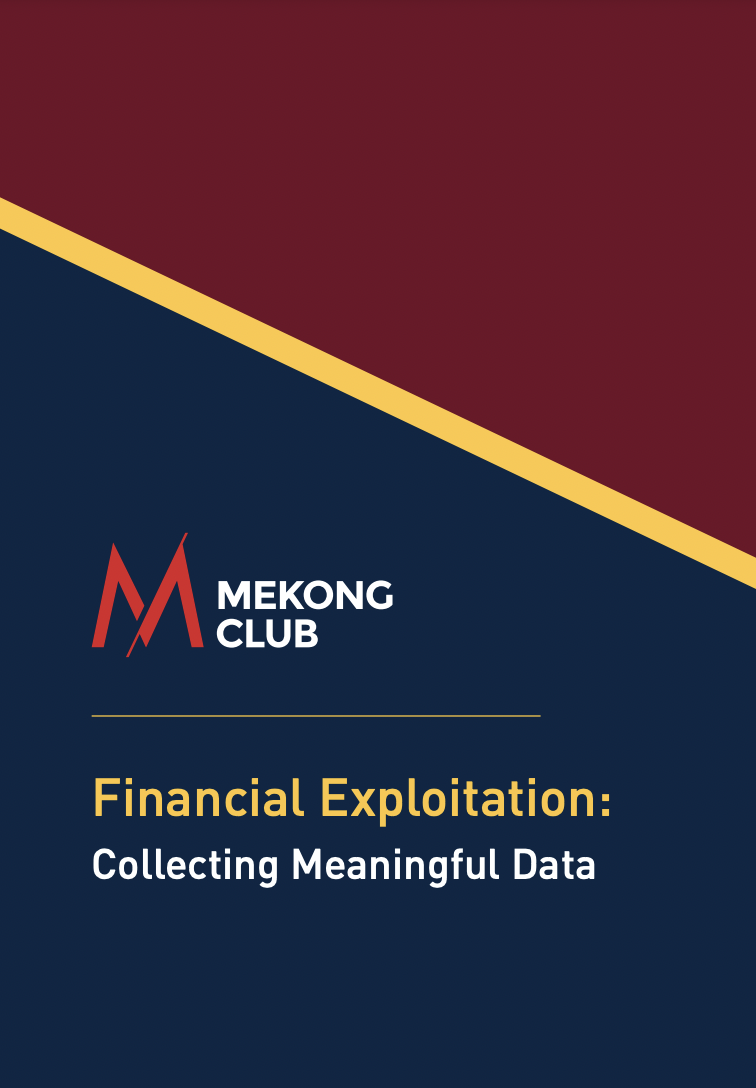The vast majority of modern slavery and human trafficking cases involve interaction with finance in some form. In many cases, traffickers exploit their victims financially, taking control of their bank accounts, confiscating wages, and using debt as a means of control. Criminals must launder the funds that they generate through their activities and may use their victims to hide the funds and make transfers on their behalf. There are also certain payments for goods or services made during the course of business for traffickers that may indicate nefarious activity is occurring.
NGOs, law enforcement officials and frontline services have direct interaction with cases of exploitation, gathering information from victims and traffickers. They have access to information that may be crucial in understanding how each case has interacted with the finance world. On
the other hand, financial service providers and investigators are keen to understand how they can better detect exploitation and abuse using red flags and indicators. The collection and sharing of key data points, anonymised where necessary, can be crucial in developing our collective response and preventative activities against criminal exploitation.
The report suggests a list of data points that serve to extract useful information from human trafficking cases as they relate to finance, presented in such a way that can better equip law enforcement and financial services to detect and prevent future cases of exploitation.

